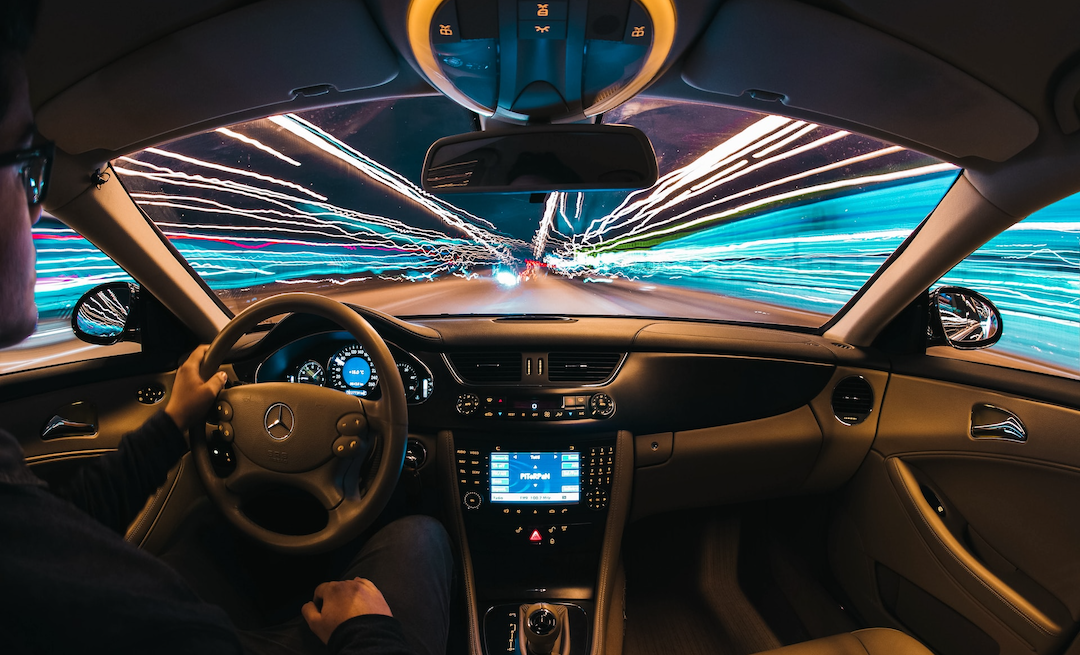
The rise of smart cars has ushered in a new era of personalized driving experiences. Imagine your car knowing your favorite routes, playing your preferred music, and adjusting the temperature just how you like it as soon as you step in. Sounds convenient, right? But there's a catch. This high-tech convenience comes with a hidden cost: your personal data. Recent controversies surrounding big names like Tesla, Nissan, and Kia have thrown a spotlight on the urgent need to rein in these data practices. It's a digital Pandora's box on wheels.
The Privacy Concerns in Smart Cars
In an age where technology seamlessly integrates into every aspect of our lives, smart cars have emerged as a beacon of progress in automotive technology. However, beneath the surface of convenience and innovation lies a lurking issue: privacy concerns. As we embrace the advanced features of smart cars, we inadvertently expose ourselves to new vulnerabilities related to personal data security.
First and foremost, understanding your car's features is key. Before you make a purchase, or if you're already a proud owner, familiarize yourself with the type of data your vehicle collects.
Next, you need to ensure this data is protected. Smart cars, like any other internet-connected device, are susceptible to tracking, hacking, and data breaches. This is where using a VPN comes into play. A reliable VPN like ExpressVPN secures your online presence by encrypting your internet connection. This encryption protects your data from third parties, hackers, and other unauthorized entities. For smart car owners, this means adding an extra layer of security to the data transmitted from your car to the cloud.
Data Collection in Today's Smart Cars
Smart cars are more than just vehicles; they're data hubs on wheels. Using telematics and connected services, these cars collect tons of data - from your location to your driving habits. Car companies argue this data helps improve your driving experience, but at what cost to your privacy?
The Impact on Privacy and Security
Beyond the basics like GPS location and speed, smart cars can monitor driving behavior, including braking habits, cornering style, and even the pressure applied to the accelerator. This level of detail offers insights into your driving proficiency and tendencies.
But it doesn’t stop there. Many smart cars are equipped with cameras and microphones, providing the ability to record conversations inside the vehicle and capture images or video footage of the car's surroundings. Some models can even monitor your biometric data, such as heart rate or alertness, through integrated health monitoring systems.
Why is this an issue? The primary concern revolves around privacy and security. With such a vast amount of personal data being collected, the risks are multi-fold:
- Data Breaches: Just like any other digital system, the databases where this data is stored can be vulnerable to hacking and cyberattacks. A breach could expose sensitive personal information, leading to privacy violations or even identity theft.
- Surveillance and Tracking: Continuous monitoring of your location and habits could be misused for surveillance purposes. This is particularly concerning in scenarios where governments or other entities might access this data without consent.
- Data Misuse: There's also the risk of companies using this data for purposes other than what was initially intended, such as selling it to third parties for advertising or insurance companies using it to adjust premiums based on driving behavior.
- Lack of Transparency: Often, car owners are not fully aware of the extent of data collection or how it is being used. This lack of transparency can lead to mistrust and apprehension among users.
- Psychological Impact: Knowing that your every move is being tracked can lead to a feeling of constant surveillance, impacting mental well-being and creating a sense of loss of freedom.
Examples and Evidence
Take, for instance, brands like Tesla and Kia. These automakers, among others, have embedded sophisticated systems in their vehicles that collect data ranging from driving patterns to vehicle usage statistics. They have both faced privacy concerns regarding the data collected by their vehicles. Between 2019 and 2022, Tesla employees were found to have shared invasive videos and images recorded by customers' car cameras through an internal messaging system. This breach of privacy led to a class action lawsuit against Tesla, accusing the company of violating customers' privacy.
Similarly, Kia's privacy policy indicates the potential to collect highly personal data, including information about individuals' sex lives. Moreover, both Tesla and Kia, like other car brands, can share this sensitive information with third parties, law enforcement, and governments, often based on vague or informal requests, raising significant concerns about the protection of user privacy in their vehicles.
Implications and Conclusion
While manufacturers may argue the utility of data in enhancing driving experience and safety, the potential for misuse cannot be overlooked. This data could be leveraged for targeted advertising, sold to third parties, or even accessed by hackers in the event of a data breach. The broader picture it paints is one of a delicate balance between technological advancement and the right to personal privacy.
As consumers, it’s crucial to be informed and vigilant about the data our vehicles collect and how it’s used, ensuring that our journey into the future of automotive technology doesn’t compromise our fundamental rights to privacy and data security. While smart cars bring a new level of convenience and innovation to our driving experience, being proactive about privacy can help you enjoy these benefits without compromising your personal information.
Share this post
Leave a comment
All comments are moderated. Spammy and bot submitted comments are deleted. Please submit the comments that are helpful to others, and we'll approve your comments. A comment that includes outbound link will only be approved if the content is relevant to the topic, and has some value to our readers.

Comments (0)
No comment